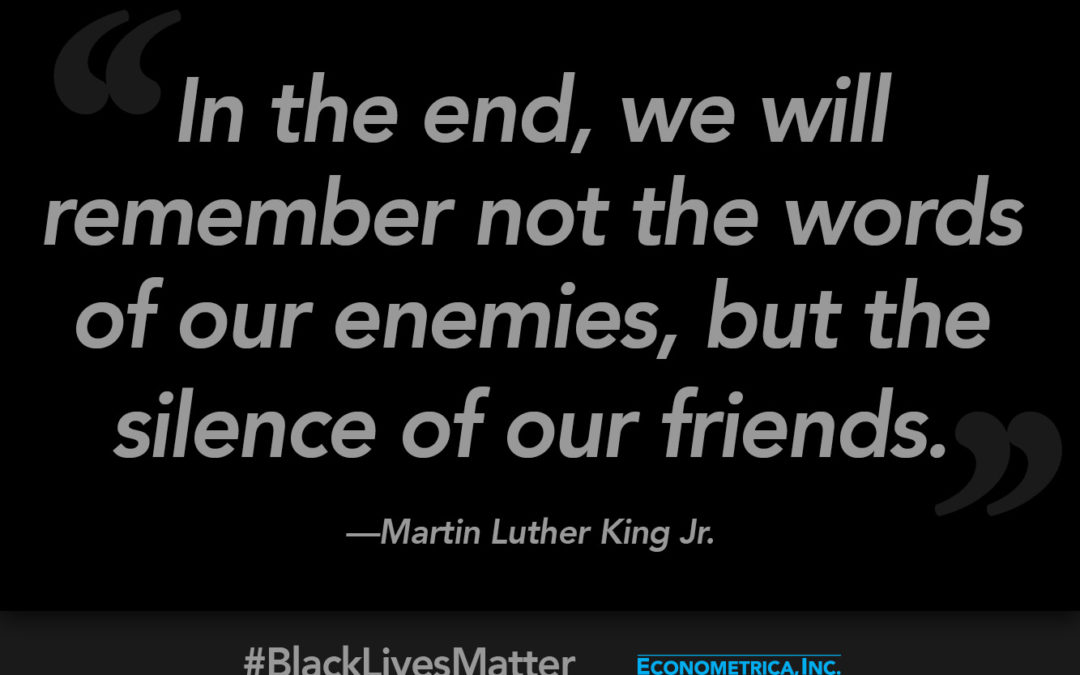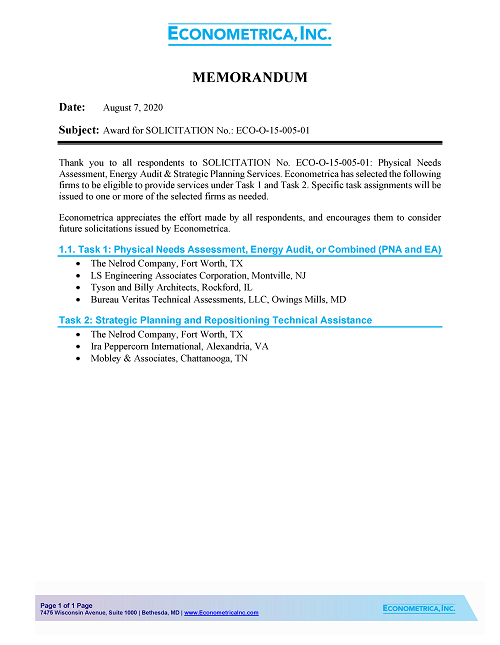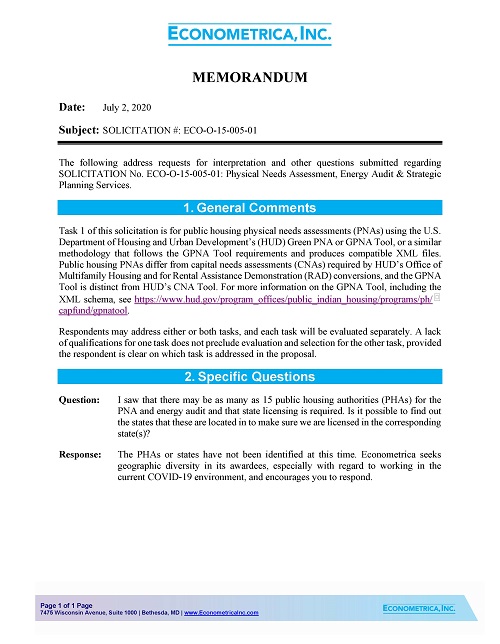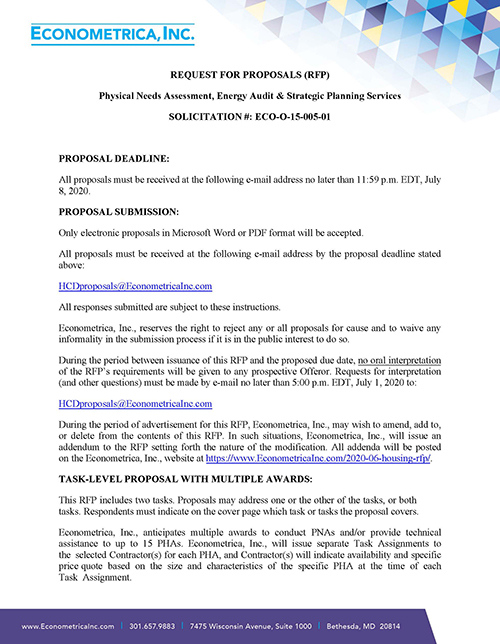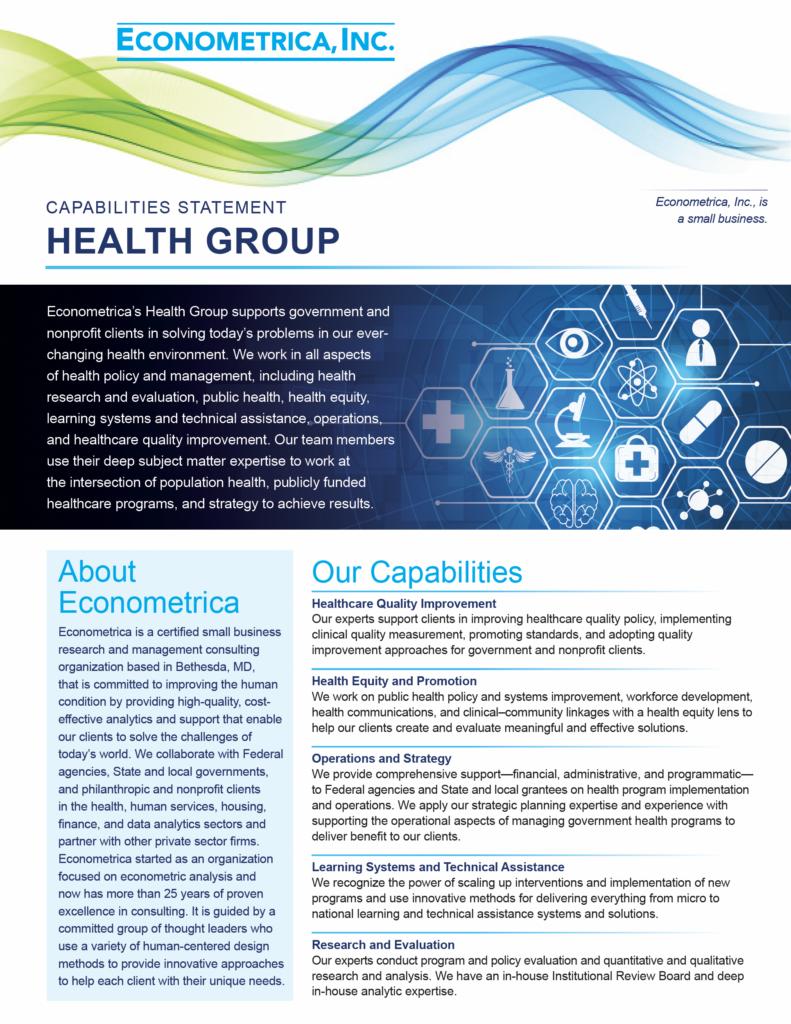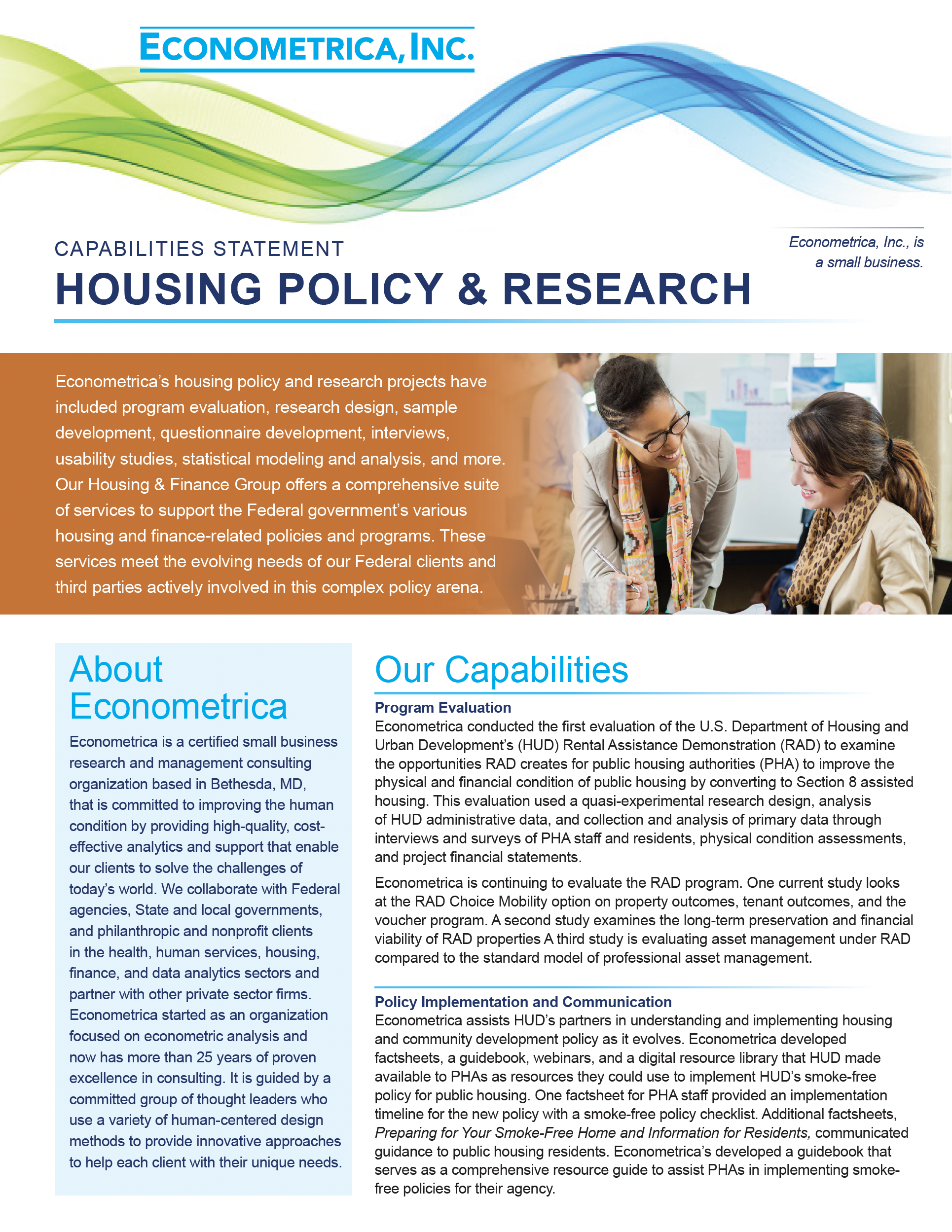 BETHESDA, MD – The United States has long been engulfed in an opioid epidemic that stemmed from increased prescribing of opioids in the 1990s and is characterized today by use of synthetic opioids, like fentanyl, as well as illicit opioids such as heroin.[1] By 2017, there were 58 opioid prescriptions written for every 100 Americans.[2] This rise in opioid use has led to an increased prevalence of Opioid Use Disorder (OUD) in a variety of populations.
BETHESDA, MD – The United States has long been engulfed in an opioid epidemic that stemmed from increased prescribing of opioids in the 1990s and is characterized today by use of synthetic opioids, like fentanyl, as well as illicit opioids such as heroin.[1] By 2017, there were 58 opioid prescriptions written for every 100 Americans.[2] This rise in opioid use has led to an increased prevalence of Opioid Use Disorder (OUD) in a variety of populations.
OUD—which may involve the misuse of prescribed opioid medications, diverted opioid medications, or illicitly obtained heroin—is typically a chronic, relapsing illness associated with significant rates of morbidity and mortality.[3] The Diagnostic and Statistical Manual of Mental Disorders, 5th Edition, describes OUD as a “pattern of opioid use leading to problems or distress,” with at least two of the following occurring within a 12-month period:[4]
- Taking larger amounts or taking drugs over a longer period than intended.
- Persistent desire or unsuccessful effort to cut down or control opioid use.
- Spending a great deal of time obtaining or using the opioid or recovering from its effects.
- Craving, or a strong desire or urge to use opioids.
- Problems fulfilling obligations at work, school, or home.
- Continued opioid use despite having recurring social or interpersonal problems.
- Giving up or reducing activities because of opioid use.
- Using opioids in physically hazardous situations.
- Continued opioid use despite ongoing physical or psychological problems likely to have been caused or worsened by opioids.
- Increased tolerance (i.e., need for increased amounts, or diminished effect with continued use of the same amount).
- Experiencing withdrawal (opioid withdrawal syndrome) or taking opioids (or a closely related substance) to relieve or avoid withdrawal symptoms.
Although OUD is similar to other substance use disorders, there are many unique features, including risk of physical dependence in as little as 4 to 8 weeks and severe symptoms such as chills, cramps, vomiting, and insomnia during withdrawal.[3] Despite its unique features, the factors contributing to OUD are very general and can include ease of access, environmental and genetic factors, social support system, addictivity of the drug, and early use.
Looking at the rate of opioid prescribing among Medicare and Medicaid beneficiaries can help us gain an understanding of the development of OUD in America. In 2018, the Centers for Medicare & Medicaid Services (CMS) analyzed the prevalence of OUD among beneficiaries and reported that 6 out of every 1,000 Medicare beneficiaries and 8.7 of every 1,000 Medicaid beneficiaries suffer from OUD.[5] Using data from 2006 to 2015, another CMS study found that 23.5 percent of dual-eligible beneficiaries in 2015 had a substance use disorder.[6] For the Medicaid-only population, there were 31 million opioid claims in 2017, and opioid prescriptions represented 4.57 percent of all Medicaid prescription claims.[7] One year earlier, in 2016, 14.4 million of the 43.6 million Medicare-only beneficiaries enrolled in Part D received opioids.[8]
The national data for OUD and opioid prescriptions is presented here to provide the foundation for a larger discussion around OUD in the United States. Over the course of this series of newsletters, we will dive into topics such as OUD treatment options, how COVID-19 is impacting treatment centers across the country, and much more.
[1] Centers for Disease Control and Prevention (CDC). (2020). Opioid overdose: Understanding the epidemic. Retrieved from https://www.cdc.gov/drugoverdose/epidemic/index.html.
[2] CDC. (2020). Opioid overdose: Prescribing practices. Retrieved from https://www.cdc.gov/drugoverdose/data/prescribing/ prescribing-practices.html.
[3] Strain, E. (2020). Opioid use disorder: Epidemiology, pharmacology, clinical manifestations, course, screening, assessment, and diagnosis. UpToDate. Retrieved from https://www.uptodate.com/contents/opioid-use-disorder-epidemiology-pharmacology-clinical-manifestations-course-screening-assessment-and-diagnosis.
[4] American Psychiatric Association. (2018). Opioid use disorder. Retrieved from https://www.psychiatry.org/patients-families/addiction/opioid-use-disorder/opioid-use-disorder.
[5] CMS. (2018, June 11). CMS opioids roadmap. CMS.gov Blog. Retrieved from https://www.cms.gov/blog/cms-opioids-roadmap.
[6] Anderson, K. K., Hendrick, F., & McClair, V. (2018, October). Data analysis brief: National trends in high-dose chronic opioid utilization among dually eligible and Medicare-only beneficiaries (2006-2015). Retrieved from https://www.cms.gov/Medicare-Medicaid-Coordination/Medicare-and-Medicaid-Coordination/Medicare-Medicaid-Coordination-Office/DataStatisticalResources/Downloads/OpioidsDataBrief_2006-2015_10242018.pdf
[7] CMS. (2019). Medicaid State Opioid Prescribing Mapping Tool. Retrieved from https://www.cms.gov/Research-Statistics-Data-and-Systems/Statistics-Trends-and-Reports/Medicare-Provider-Charge-Data/OpioidMap
[8] Office of Inspector General. (2017, July). Opioids in Medicare Part D: Concerns about extreme use and questionable prescribing [OEI-02-17-00250]. U.S. Department of Health & Human Services. Retrieved from https://oig.hhs.gov/oei/reports/oei-02-17-00250.pdf.
About Econometrica:
Founded in 1998, Econometrica is a research and management organization in Bethesda, MD, established to provide public- and private-sector clients with customized program support services. Econometrica works with multiple agencies to provide high-quality, cost-effective analyses, modeling, and economic evaluations. The company consistently receives exceptional scores from its clients and believes in three principles: technical capabilities, happy customers, and business development.

 BETHESDA, MD – Indiana University selected Econometrica to design and conduct focus groups to better understand how individuals and communities in the Midwest’s Industrial Heartland are being impacted by the automotive industry’s transition from gas to electric automobiles.
BETHESDA, MD – Indiana University selected Econometrica to design and conduct focus groups to better understand how individuals and communities in the Midwest’s Industrial Heartland are being impacted by the automotive industry’s transition from gas to electric automobiles.



